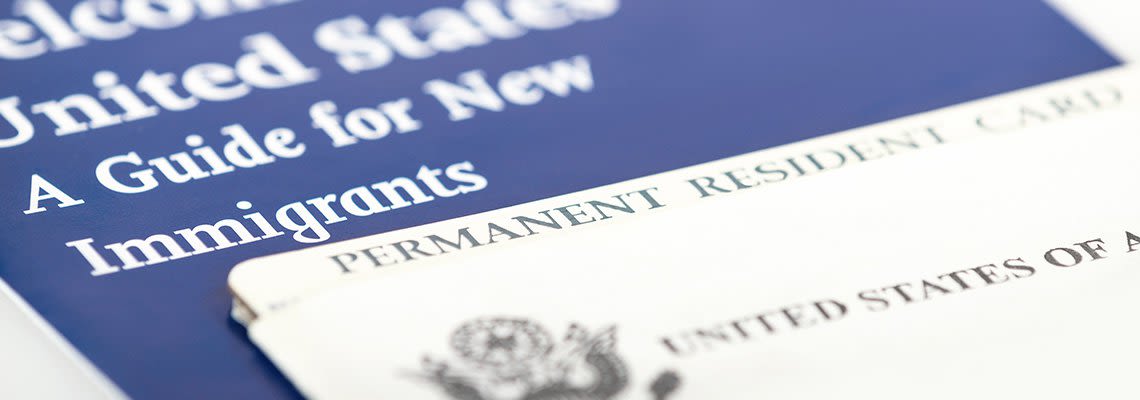
8.2.21 IMMIGRATION NEWS AND UPDATES
Biometrics – Biometrics appointments now have to be re-scheduled ahead of time and they will only reschedule for good cause shown. The way to reschedule them is to call the USCIS hotline at: 800-375-5283 Monday through Friday 8 am to 8pm.
U-visas – If you have a pending U-visa application, you will now be able to get a work authorization card during the pendency of the matter. It’s important to note that these work authorizations, which will be valid for four (4) years, will now be issued automatically by USCIS as soon as they make a determination that your application is bona fide, and you have submitted all preliminary requisite documents. Please remember that there is quite a backlog and because they have just made this policy change, it may take some time to get your work authorization card. It’s my understanding that they are currently working on cases filed in 2016.
DACA – A federal court in Texas recently issued a decision wherein they declared that the DACA program was not, in fact, legally put into place. While this matter works its way through the court system, USCIS will continue to accept new applications, but they will not adjudicate them until a final decision has been made by the courts. This goes the same for all new pending DACA applications. So, if you have a brand new DACA application which was filed on your behalf and you haven’t received a decision yet, you will have to continue to wait until the courts decide the fate as to the DACA program. In the meantime, USCIS will continue to receive AND adjudicate DACA renewals and all requests for advanced parole.
Detention – The detention centers in Newark and Elizabeth New Jersey will not be renewing their contracts. As a result, all detainees housed in those facilities have begun to be relocated. New detainees also are being placed in various other parts of the country creating a great amount of difficulty and confusion for those detainees and their friends and families.
New case law – Landmark decisions which were made under the past Trump administration greatly limiting asylum matters, such as those who apply for asylum based on domestic violence occurrences and based on family particular social groups in their native countries, have been vacated. If you lost an asylum matter and your case was based on one of these decisions, it is important you seek advice of legal counsel as soon as possible to see if there is a chance to appeal or re-open your matter.
Venezuela TPS – Please remember the deadline to register for Venezuelan TPS is September 5, 2021. If you do not register before then, you will not be able to register in the future. Remember that in order to apply, you must have had continuous residence in the US from March 8, 2021.
Niz-Chavez – If you, a friend, or a family member had received a Notice of Appearance that does not contain a date, time, or place of court, please contact legal counsel as soon as possible to get your matter evaluated. It is possible that you may have legal options in terms of filing a new application, an application to reopen a prior deportation order, or some form of relief depending on the details of your specific matter.
Administrative Closure and Prosecutorial Discretion – Those who have pending matters in immigration court and need waivers or have pending u-visa matters and in various other circumstances now are able to apply for either administrative closure and/or prosecutorial discretion. These will help you have time to adjudicate underlying matters or, if you do not have any form of relief but have a particularly humanitarian case, may be able to help you get prosecutorial discretion and no longer be in danger of deportation.
On the topic of dismissal of removal proceedings, the new memo describes five types of cases that “generally will merit dismissal in the absence of serious aggravating factors”:
military service members and their immediate relatives;
noncitizens likely to be granted temporary or permanent relief, listing as examples those with approved I-130 petitions who are prima facie eligible for adjustment of status or consular processing and those prima facie eligible for Temporary Protected Status or Special Immigrant Juvenile Status;
Noncitizens presenting compelling humanitarian factors;
noncitizens whose cases implicate significant law enforcement or other government interests; and
long-term lawful permanent residents.
